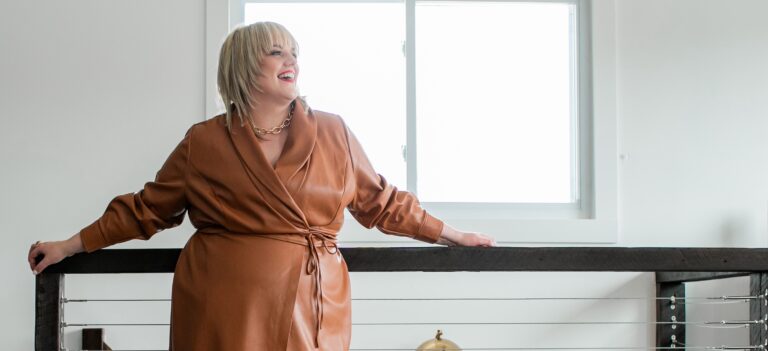Back to Basics – Week 4: The one million dollar question (literally)
Posted on July 7th, 2025 to Back to Basics Summer Series
I have a stat that’s going to change how you approach every sales conversation.
According to LinkedIn’s 2022 Global State of Sales report:
89% of buyers say they are more likely to consider a brand if a seller changes the buyer’s way of thinking.
Read that again. Let it sink in.
Nearly 9 out of 10 buyers want you to challenge them.
Not agree with everything they say. Not just nod along and pitch your services. They want you to bring fresh perspective, new insights, and yes — challenge their assumptions.
But here’s where most founders get stuck: How do you challenge a prospect without coming across as arrogant or know-it-all?
Enter my favorite question from a longtime client who sells premium consulting services to Fortune 500 companies.
When a prospect comes to them seeking a narrow solution to a narrow problem (you know the type — a leader who wants a quick, cheap solution to a complex problem that’s going to take more time and expertise to solve), they simply ask:
“Are you open to a new way of thinking about that?”
That’s it. Seven words that completely shift the dynamic of the conversation.
Here’s why this question is pure gold:
✓ It’s respectful — You’re asking permission to challenge, not just bulldozing in
✓ It positions you as the expert — You have insights they haven’t considered
✓ It creates curiosity — They want to hear what you’re thinking
✓ It opens minds — Even if they say no initially, you’ve planted a seed
My client challenges themselves to ask this question at least once during every sales process. The results speak for themselves — in the past year, they’ve increased revenue by more than $1,000,000 in just two accounts by asking this simple, straightforward question.
Your homework: Practice asking “Are you open to a new way of thinking about that?” in your next three sales conversations. Notice how it changes the energy and opens up deeper discussions.
Remember: Buyers, especially executives, don’t want yes-people. They want trusted advisors who can help them see around corners they can’t see themselves.






